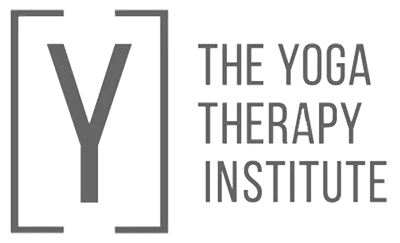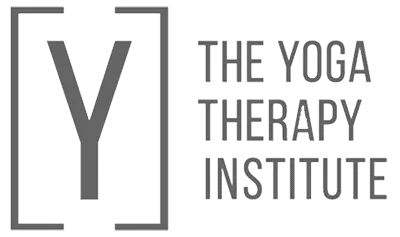
A question that is often asked is “What is Yoga Therapy?” and “What is the difference between a yoga teacher and a yoga therapist?”. There are significant differences between Yoga Therapy and Yoga teacher training. Yoga therapy is clinical, personalised, and science-based. The biomedical and psychological training, length of studies and student/teacher relationship are profoundly different to those required for yoga teacher training.
The entry-level for a Yoga Therapist is much higher than for a yoga teacher. To be a certified Yoga Therapist requires a minimum of 200-hour yoga teacher training. In addition, the IAYT requires a minimum of 800 recognised hours of training to qualify as a Yoga Therapist. This takes 2 – 3 years to complete and must include at least 156 hours of real-life case studies plus a final dissertation.
Yoga teachers train primarily to teach physical practices, often taught within a certain yoga system. In general, yoga classes take place in groups and the focus tends to be on teaching a series of movements. Often irrespective of the needs of individuals with specific physical or mental health issues.
However, it is important to realise that not all yoga poses, breathing techniques or relaxation practices are suitable for everybody. In some cases, they are contraindicated for certain health issues.
A Yoga Therapist has the training to recognise when and how to adapt yoga practices to address them.
Yoga Therapy training
A yoga therapist has to have a sound knowledge of the conditions they are going to be working with. This includes understanding the biomechanics of the body, the organ systems, symptoms and progress of diseases, treatment options and medication side effects. Plus an understanding of mental health issues. Adde to this, they receive somatic counselling skills and how to work in a trauma-informed way. All viewed through a Yoga Therapy lens.
This training links the mind and the physical body with the understanding of health and disease, behaviour and environment.
Yoga Therapy work
In contrast to yoga teachers, Yoga Therapists also take a full history of each client. This is to find out all the different aspects that make up the full spectrum of a client’s health history. By doing so they also ensure that the practices are appropriate for the individual’s issues and goals for healing.
In therapeutic yoga, Yoga therapists work mainly one-on-one. Yoga Therapy involves pain-free physical practices and simple movements, breathing techniques, relaxation and guided meditation. Sharing of experiences through trauma-sensitive conversations are also part of the process.
Using the proper therapeutic applications, trained Yoga therapists can help with many and varied conditions. This include musculoskeletal imbalances, chronic pain, autoimmune disease, anxiety and cancer. Yoga Therapy also supports recovery from the effects of long-term Covid.
The in-depth training also prepares a Yoga Therapist to work in tandem with other professionals in the healthcare field. As the benefits of Yoga Therapy become widely known and supported by research, it is increasingly being incorporated into treatment plans by doctors and therapists. Yoga Therapy has growing respect as an ideal complement to Western medicine.
The integration of therapeutic yoga into major healthcare systems is helping relieve the burden of symptoms, support recovery and enhance the quality of life for more people.
There is a huge capacity for service and community contribution where Yoga Therapy and Yoga Therapists can be found working in hospitals, outpatient clinics, physical therapy and rehabilitation.

A responsible, self-regulated profession.
The International Association of Yoga Therapists (IAYT) has taken responsible and proactive steps to protect the public, the profession and individual practitioners. They have achieved this by creating a self-regulatory structure for Yoga Therapy.
Its mission is to continue to raise the standards of Yoga Therapy training and evaluate the latest scientific studies. It also facilitates the transition of the trained yoga therapist into the healthcare system. Certified yoga therapists are now being respected and highly regarded professionals.
Accredited Yoga Therapy schools are also responsible for graduating students that can demonstrate they are able to work safely and effectively. Accredited schools focus on extensive case study work with real-life clients.
Those with mental or physical health issues should, therefore, be looking for an accredited, trained yoga therapist, as opposed to a yoga teacher. This ensures effective, safe and compassionate therapeutic care and reduces the chances of inflicting harm through a lack of knowledge.
What is Yoga Therapy?
The answer to “what is Yoga Therapy” is at its heart, the adaptation of yoga tools, breathing and relaxation practices within a safe, therapeutic relationship, specifically for an individual and the health issues they are facing. But more importantly, it also supports the prevention of disease and empowers people to take charge of their health, improving overall quality of life.









